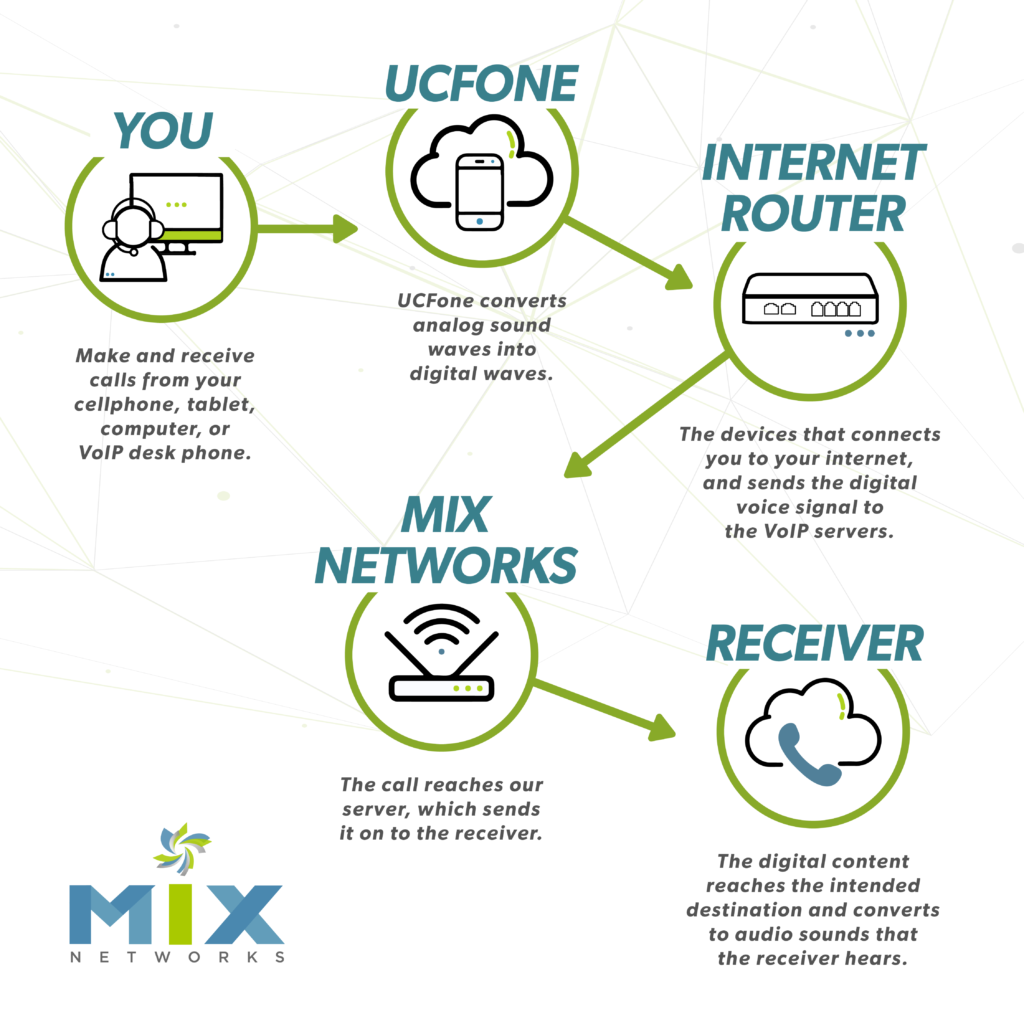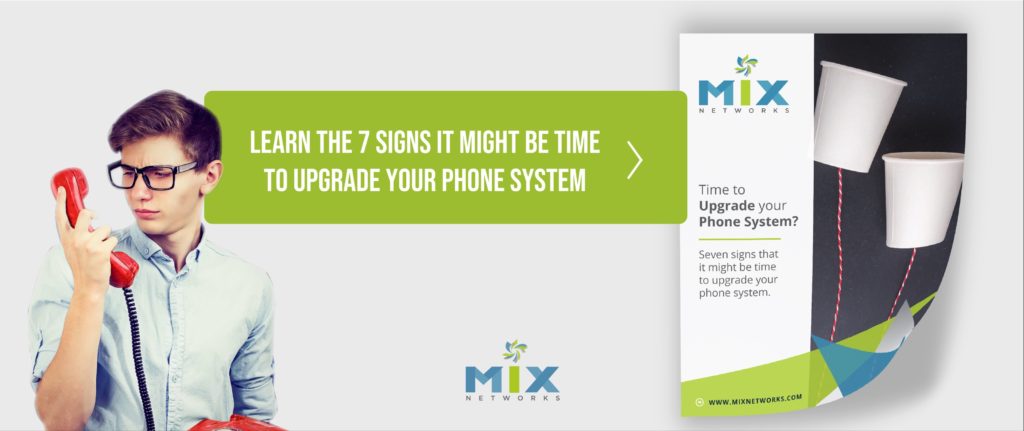Developed in 1995 with the goal of providing long-distance and international call services for a lower price, VoIP ushered in an entirely new business communications landscape. By 1999, the VoIP phone gained momentum with the development of SIP (session initiation protocol) and G.722.1, which became a widely adopted wideband coding standard. By 2004, VoIP providers proliferated in the telecom market, and in 2019 the traditional telecom providers successfully petitioned the FCC to officially remove the mandate originally introduced in 1993 that required the big telcos to maintain the copper POTS lines.
But why was VoIP so attractive? VoIP (Voice Over Internet Protocol) phone service offers many advantages over traditional landline phone services, including the 7 reasons below.
Here are seven reasons why you should consider switching from traditional phone service to VoIP.
- Lower Costs – With VoIP, you pay less than with traditional phone service, as much as 30-50% according to some estimates. One reason why the monthly costs are lower is that VoIP circumvents the traditional PSTN and uses already available fiber optic cable connections. Additionally, businesses pay by user, meaning they don’t have to pay for seats they don’t use that month.
- Better Call Quality – VoIP uses internet technology to transmit voice signals, so the sound quality is much higher than traditional phone lines. This wasn’t the case 20 years ago but as the traditional POTS lines degraded and advancements were made in VoIP technology, VoIP now provides better call quality than traditional telecom.
- Easier Access to Advanced Features – Features such as caller ID, voicemail, and call forwarding can all be accessed on both VoIP phones and traditional phones, but the difference lies in how. Because VoIP phones run on digital lines and connect to a VoIP server, adding new functions and features is as simple as updating the server – whereas traditional POTS lines require specialized and expensive equipment installed at the site.
- Flexible Plans – VoIP plans are flexible. Scaling up or down at a moment’s notice is as simple as clicking a few buttons on the mouse. A true “pay for what you use” solution, no more and no less.
- Easy Installation – Depending on your current solution (or if you are simply starting from scratch) installing a VoIP solution is simple. Much of the equipment is “plug and play” meaning you can connect it to your network and then using the VoIP provider’s administrative profile you can tell which phone goes where and what it does.
- Save Money – Many people save money by choosing VoIP over traditional phone service. A large part of that is not only the pay-for-what-you-use nature of the solution but also the evergreen nature of the technology. If you replace your VoIP solution, it won’t be from outdated features since all features are automatically issued by your provider.
- No Maintenance Required – VoIP systems require little maintenance, in large part because there are fewer parts that you are required to maintain to keep the system running as the main server that processes the calls is housed and maintained by the provider.
It’s easier than you think
Even if the copper wires of the traditional telephone were not fading into retirement, VoIP solutions have long since overcome the initial disparities. Battery backup, geo-redundant servers, and other strategies have reduced the concern over not having power in an emergency situation and e911 regulations have enabled first responders to find a caller regardless of if they are calling from VoIP or POTS.
Keep Reading
What is the Difference Between POTS and VoIP?









